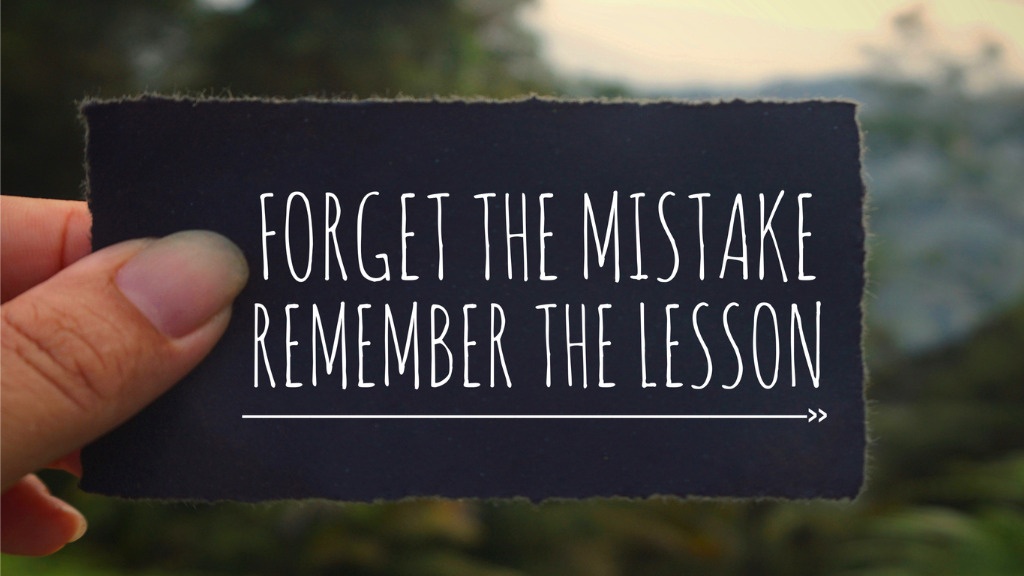
Life is full of challenges. In fact, major life events are guaranteed like death and taxes. Nobody promised us that life would or should be easy. However, sometimes those challenges can be so disruptive to our emotional balance that they feel traumatic. It’s like our world has been flipped upside down and we can’t see any way to make it right again. Whether it’s the end of a relationship, the death of someone we care about, overcoming an addiction, or losing a job, these challenges have the potential to really rattle us and disrupt our lives. It’s easy to wonder “why me?” and let frustration take over, turning us into an angry emoji on steroids.
But eventually, time moves on, we notice and capitalize on our resilience, and then we start to feel ready to reclaim our lost happiness. We realize we’ve missed the joy and need to restore some positive emotional well-being. The recovery process begins, and this is a powerful time to transform and transcend the difficulties into something meaningful. We’ve become ready, willing, and able to reframe the picture and transition into what comes next.
Here are 5 ways to help you transform life challenges to create emotional balance:
Forgiveness is Power
Forgiveness is a powerful tool for moving on from a challenge. It can be hard to forgive, but it’s important to give ourselves the opportunity to let go and begin again. Forgiveness benefits the forgiver and lets us off the emotional hook that has kept us stuck in blame, shame, and regret. Ask questions about why it’s hard to let go and move on. What are the benefits received by holding on to unproductive responses to past events? Has personal well-being been cast aside to the point by remaining stuck in a response loop about the challenge, instead of acknowledging it, processing it and moving on? Create an opportunity to write these thoughts down in order to more easily observe how attitudes and behaviors might have impacted becoming stuck.
Acknowledge the Life Challenges and Identify the Silver Lining

Take the time to give a thoughtful analysis of where you were, what’s happened, and where you want to go. Celebrate the hurdles that have been overcome. Ask questions about why it’s so hard to move on. Create small goals and take little action steps towards change.
In highly stressful challenges, people can actually experience Post-Traumatic Growth (PTG), where they not only move past what was wrong, but discover something better about themselves—the gift of adversity which is a self-discovery that cannot be bought, sold, or traded.
Invite and Appreciate Personal Growth
Growth is an evolution and has to be gauged. Remember when we were little, and we’d stand at that same spot on a wall every year, waiting to see how much we’ve grown? It might have been a quarter of an inch, but it was so exciting! Goals for growth should be based on the ability to go through a day without digressing to the adverse challenge, beginning to recognize that things are changing, and creating days that are more happier than not.
Pledge to become more mindful of how to respond differently to life challenges and situations that arise. If this doesn’t happen quickly, it doesn’t, and that is okay. Did you know that it takes a bamboo seed over four years to sprout through the ground? When it finally does, it grows sixty-to-eighty-feet in a single year!
Take a minute (or two) to honor the struggles and celebrate the tiny wins that result from making the effort to shift by investing in doing things differently to achieve different, more positive results.
Invest in Yourself and Have Faith in the Process
Meditation, exercise, and mindfulness are all incredible resources at everyone’s disposal to help us grow a healthier mind and body. Self-care is an act of love and faith in our worthiness as well as ability to manage life’s curveballs. This can cement in the faith that is needed to persevere in everything we set out to do. Begin to accept that there is no life challenge in this world that is so big that it cannot be scaled.
Recovery from adversity is not for the faint of heart and is a process. In order to heal traumatic wounds we must be bound and determined not to become pigeon-holed as victims of our traumas. This is a huge challenge unto itself. Shifting consciousness from “poor me” to a new identity that recognizes greater resilience, hardiness, and strength of head/heart as the return on the investment (ROI) of embracing change and emotional balance.
Create and Evaluate Transformation Goals
Change is the byproduct of consistent applications of persistent attention, intention, action, and repetitive practice. Once goals have been set and regular effort made in reframing and transforming the challenge, prioritize time to reflect upon and evaluate your progress. Unlike what many people say, a habit can take much longer than twenty-one days to change. So, if we are overcoming challenges that have been built up over the years, be patient. If we are conquering something relatively new it might be mended sooner. No matter what, when we plant and sow the seeds of change, we are moving toward happiness, and emotional balance. That’s something to smile about.
When we get caught up in the trauma of life’s events, it’s easy to lose sight of our inner resources and amazing strengths. With practice, we reconnect with our true nature and emerge from adversity as a stronger person, and also a wiser soul.
Remember that life is full of challenges, but it’s also full of opportunities for growth and transformation. By forgiving ourselves and others, acknowledging the challenge of what is present, and then committing to reframing it by setting small goals, having faith in one’s self, and appreciating personal progress— we can transform any challenge into a happier ending.
Related articles:
5 Ways to Reframe Life Challenges
Lisa Cypers Kamen is a lifestyle management consultant who explores the art and science of happiness in her work as a speaker, author, and happiness expert. Through her globally syndicated positive psychology podcast, books, media appearances, and documentary film, Kamen has impacted millions of people around the world.
About The Author
learn more
browse services
CONTACT
OFFERINGS
ABOUT
NONPROFIT
PODCAST
Explore
Resources
SERVICES
SHOP
BLOG
PRIVACY POLICY
Our communications do not constitute mental health treatment nor is it indicative of a private therapeutic relationship.
Individuals seeking help for trauma related issues or other psychological concerns should seek out a mental health professional.
© 2010-2024 Harvesting Happiness
Website Design by Nadia Mousa